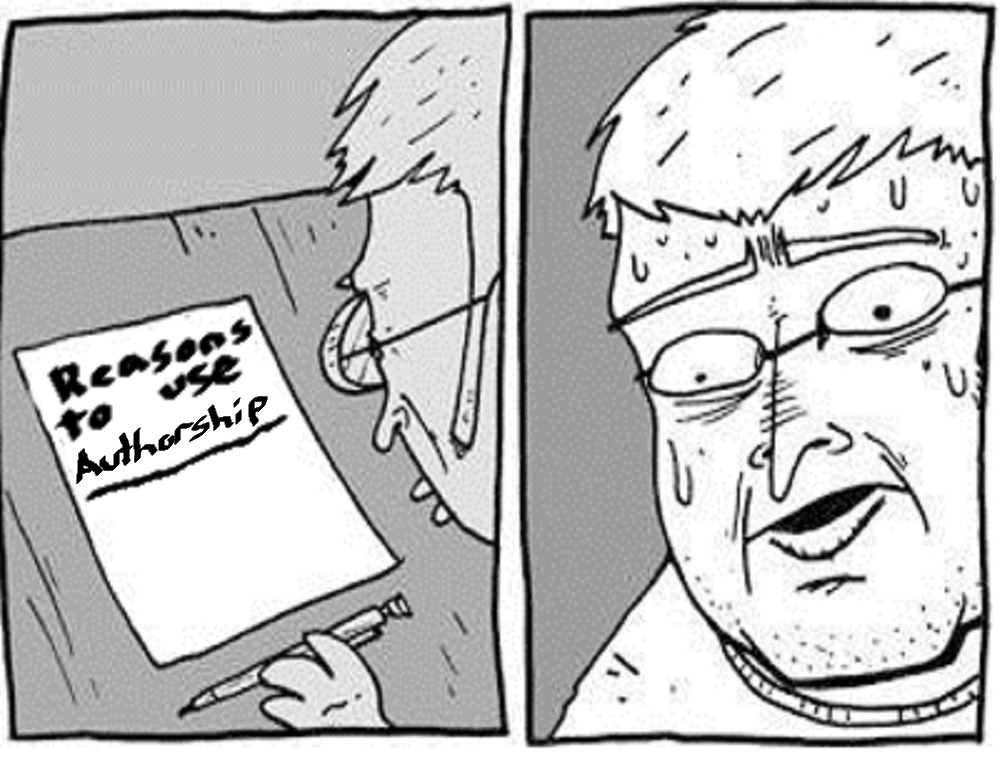One thing I’ve found incredibly effective for at scale link analysis is filtering for links from domains/subdomains that are not indexed. To check whether a domain is indexed, you should run an info:URL query on it. If no result shows for the URL, or a different URL shows, then the URL you are checking does not appear in the index. If this is true for the homepage of the domain, then it’s likely that something is going on.
You can use the index check function from Scrapebox to perform this check at scale:

